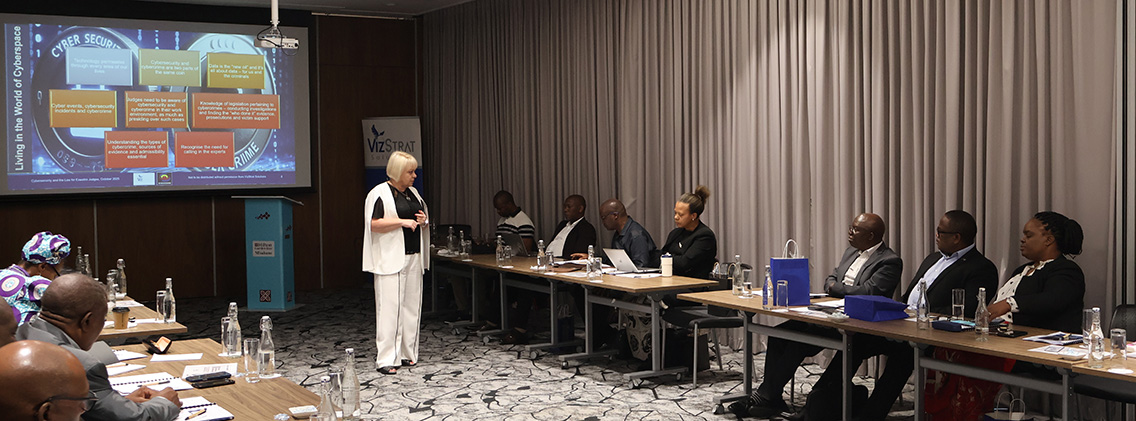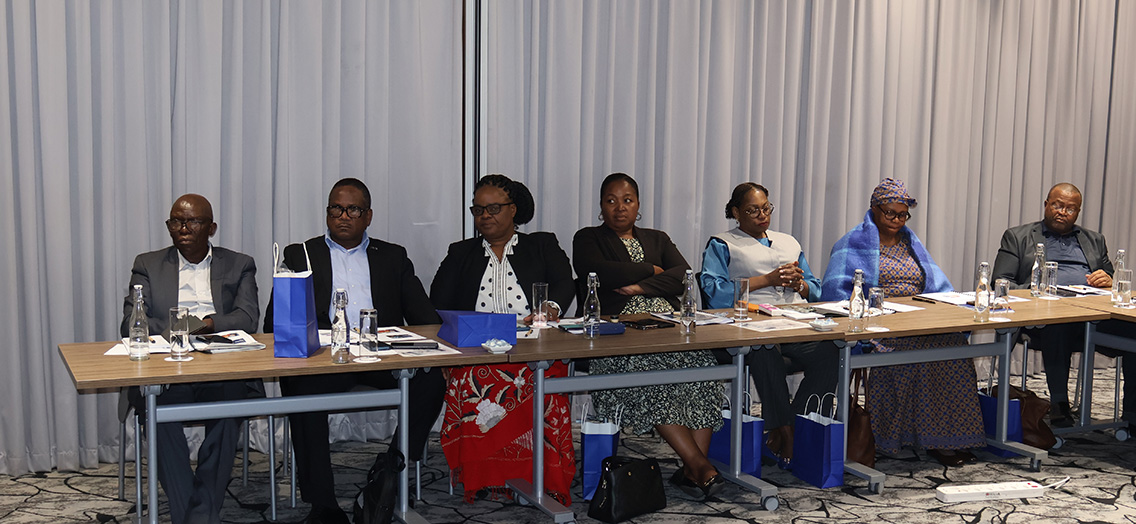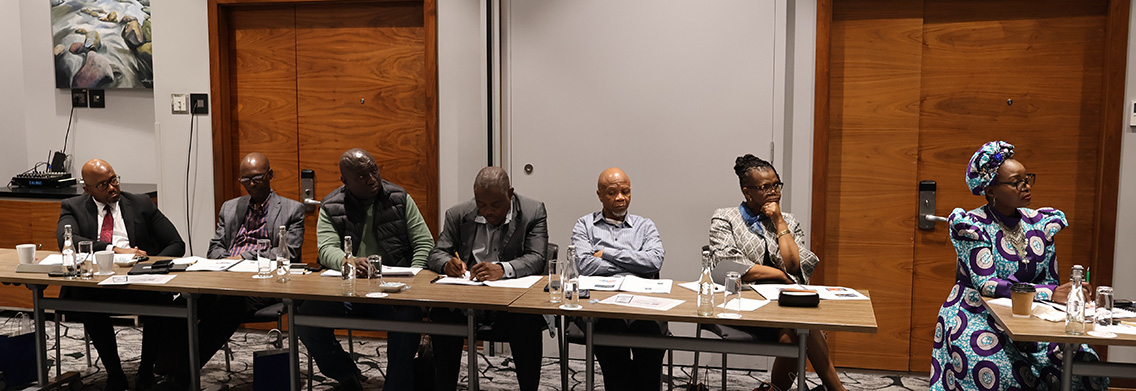MBABANE – The Judiciary of Eswatini is enhancing its preparedness to address the growing complexity of cyber-related cases through a specialized two-day workshop organized by the Ministry of ICT and the Eswatini Communications Commission (ESCCOM), the country’s designated National Cybersecurity Agency.
The workshop, held during the National Cybersecurity Awareness Month, was designed to build the capacity of judges and judicial officers in understanding and adjudicating cybercrime cases effectively. Participants explored key areas central to modern digital justice:
-
Understanding Modern Cyber Threats:
Judges were introduced to prevalent cyber threats such as phishing, social engineering, ransomware, and business email compromise (BEC), all of which have significant implications for national security and the economy. -
Legal Frameworks and Treaties:
A detailed examination of the Computer Crime and Cybercrime Act, 2022, and the Data Protection Act, 2022, ensured participants gained deeper insights into relevant offenses, penalties, and applicable international instruments. -
Electronic Evidence Handling:
Sessions focused on digital evidence procedures—covering the collection, preservation, and admissibility of electronic evidence in court proceedings.
The initiative aims to enhance judicial efficiency, improve prosecution success, and strengthen Eswatini’s overall cyber resilience. It further supports the Kingdom’s broader digitization agenda, including flagship initiatives such as the “Government in Your Hand” program, by ensuring the justice system keeps pace with technological advancement.
To date, ESCCOM’s National Cybersecurity Agency has conducted several targeted capacity-building programs for magistrates, prosecutors, and law enforcement officers, emphasizing cybercrime investigation and digital evidence management. These collective efforts underline Eswatini’s commitment to ensuring a secure and trusted digital justice ecosystem.




